There is a wide variety of foods for babies to try first. Fruits and vegetables meats and legumes, all are rich in essential nutrients for the body, vitamins or protein and some foods stand out because of their nutritional value. These useful foods can be easily prepared and are usually accepted by babies and children. In this article, you can learn about best foods for babies starting solids.
Ideal foods for babies
According child nutrition experts, it is very important to offer your child a variety of healthy foods. Different foods provide a mixture of healthy nutrients needed by the child with different functions. Avocados contain healthy fats, while bananas are rich in potassium. Blueberries are rich in antioxidants, while broccoli contains fiber and folate. Both lentils and meat are rich in protein. Plums can help relieve constipation, and dairy products will help form healthy bones and teeth. Sweet potatoes and squash are excellent sources of beta-carotene and vitamin C.
As it is clear from these examples, a variety of superfoods together ensure the healthy growth and development of children. There are many healthy and best foods for babies, but there are ten foods that are distinguished by doctors and nutritionists from other foods and are considered ideal for a baby under one year old, because they are not only rich in essential nutrients, but also are easy to make and delicious, and your child will accept and love them more easily.
The only thing you should consider is that after the end of exclusive breastfeeding, before introducing any food, talk to your child’s doctor about your child’s readiness to consume solids, the type of food and the timing of their consumption. Then introduce foods one by one according to the food plan provided to you and wait at least three days after each new food to watch for any allergic reactions.
Yogurt

Your baby can eat yogurt from six months, six months before he is ready to drink cow’s milk. It is better to choose yogurt without sugar or probiotic yogurt. These yogurts are suitable for controlling the good bacteria that live in your child’s digestive system. Also, be sure to choose full-fat yogurts, as children need fat calories. Creamy yogurt is also good source of calcium and vitamin D, which are vital for healthy bones and teeth. A combination of yogurt with fresh fruit puree such as apple or avocado can give yogurt a pleasant taste that children like.
Lentils
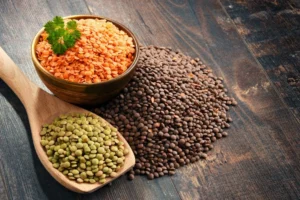
Beans, lentils and other legumes are rich sources of lean protein and fiber. But unlike other legumes, small lentils turn into a pleasant, silky treat that’s just right for a baby to chew with a little boiling. Lentils are also one of the cheapest best foods for babies you can get. You can cook lentils with chopped carrots. As the child grows, a food with lentils and spinach provides a nutrient-rich meal for the baby.
Green leafy vegetables
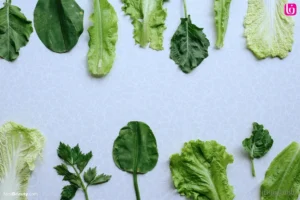
These vegetables are rich in vitamins A, C, E, K and folate. Folate is a form of B vitamin that promotes heart health. These vegetables are also an excellent source of calcium, iron, magnesium, potassium and fiber.
Broccoli
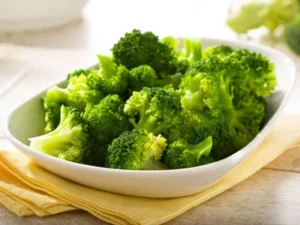
Cabbage family vegetables or so-called cruciferous vegetables are a rich source of fiber, folate and calcium and can even prevent cancer. It is better to introduce your child to the distinctive taste of broccoli from the very beginning. By doing this, you will widen the range of his favorite flavors and encourage his lifelong interest in vegetables, especially this healthy vegetable.
To begin, you can steam the broccoli until it softens a little and cut it into small pieces that are best foods for babies starting to chew.
Red Meat
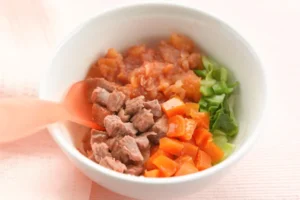
It is not necessary to avoid giving red meat to your child. Red meat is rich in iron and zinc, and according to the advice of experts, it can even be one of the first foods consumed by a baby to prevent iron deficiency anemia. In addition, infants absorb iron from meat more easily than iron from iron-fortified cereals, which are common first foods to start complementary feeding.
You can first cook meat completely until it becomes soft and juicy. Then cut it into bite sized pieces with a fork, so that it is easy for your baby to eat them. You can try mashed turkey or chicken. As the child grows, you can add green beans and zucchini to this mixture.
plums
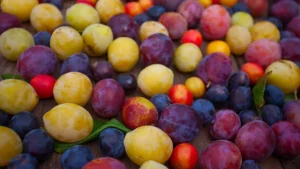
Plums are rich in fiber. babies may experience constipated when starting solid foods because his body is going through a big change. So it is better to add pureed plums to his diet to help his body’s digestion process.
Pureed plum alone or in combination with oatmeal, cereal or apple puree is a good recipe for improving digestive tract movements.
Banana
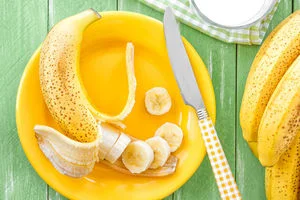
bananas are known for being a good source of potassium and contains vitamin B6, vitamin C, fiber and magnesium. You can make banana and mango puree for your baby or prepare banana and peach puree with regular high-fat yogurt or probiotic yogurt as your little one’s first smoothie.
Butternut squash

Different types of squash or pumpkin are fruits that offer numerous health benefits. One of their nutritional benefits is that they are exceptionally rich in beta-carotene, a precursor to vitamin A, and are known for their effects on eye health. Pumpkin is also a rich source of vitamin C. Its natural sweetness and soft and creamy texture add to the appeal of pumpkin varieties.
You can steam the pumpkin or roast it a little and make it puree.
Egg

Eggs are an excellent source of protein for children. It also contains nutrients such as calcium, magnesium, phosphorus, zinc, potassium, choline and A, B12 and D vitamins as well as essential amino acids. Today, it is known that choline plays an important role in the development of the baby, especially the brain, so it also has a positive effect on memory function.
Eggs can be a part of your baby’s diet when they start eating solid food, typically around six months of age. But because eggs may cause allergic reactions in some children, especially in families with a history of high allergies, it is better to wait a while before introducing eggs into the child’s diet and make sure that your child is not allergic to other allergenic foods such as fruit and Pureed vegetables.
Experts recommend that when introducing a potentially allergenic food and before introducing a new food, observe the child for three to five days in terms of reaction to that food.
Carrots

Carrots contain large amounts of beta-carotene, an antioxidant that the orange color of carrots is due to the presence of this substance. Beta-carotene is converted into vitamin A in the body and plays a role in vision health. When introducing these best foods to babies, ensure they are cooked enough to have a soft texture. You can puree it or cut it into small pieces.
See how to prepare carrot puree for babies.
read about baby food here.
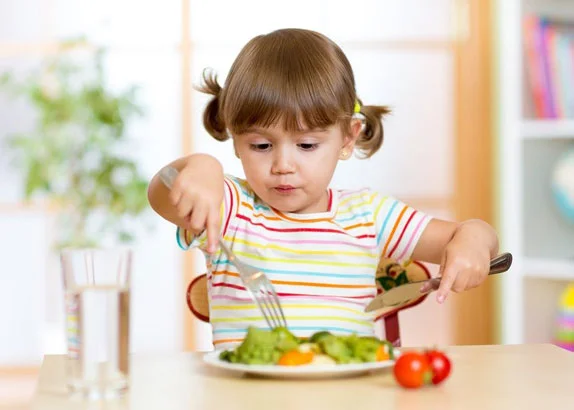
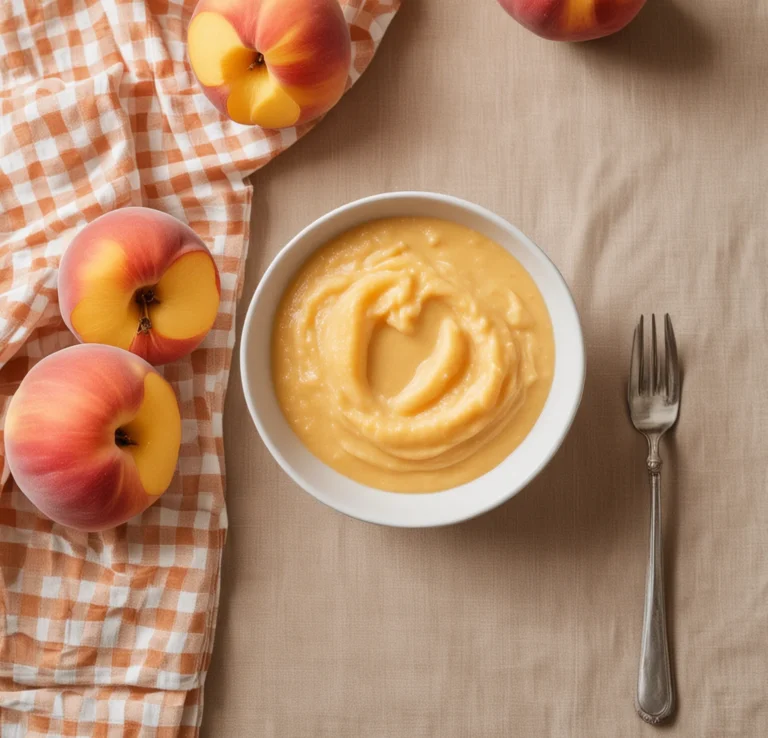
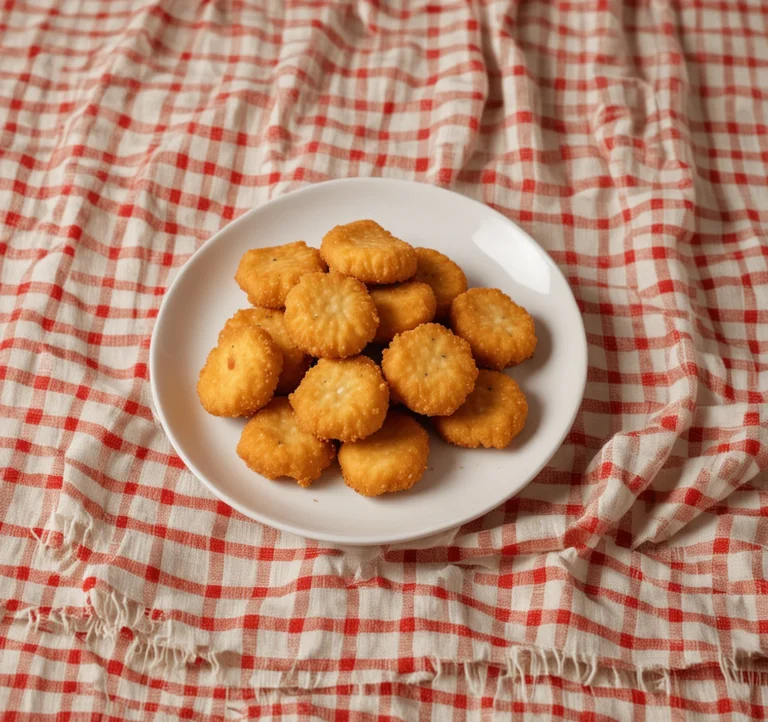
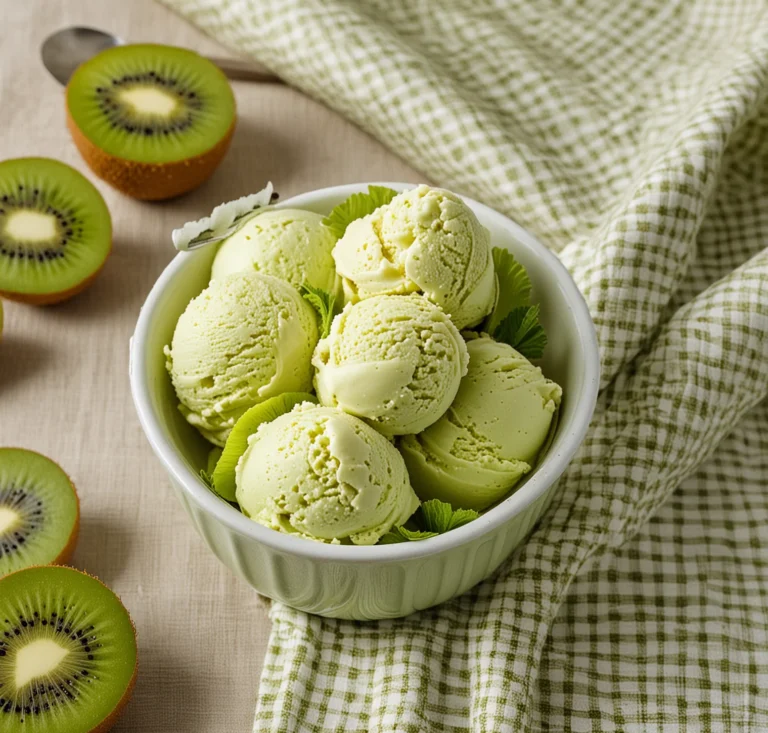
[…] learn what are the best foods for babies. […]
[…] are rich in beta-carotene and are generally loved by children. they are one of the best foods for babies. However, wait until your baby is six months old to introduce homemade carrot puree for babies, as […]
[…] learn what are the best foods for babies. […]